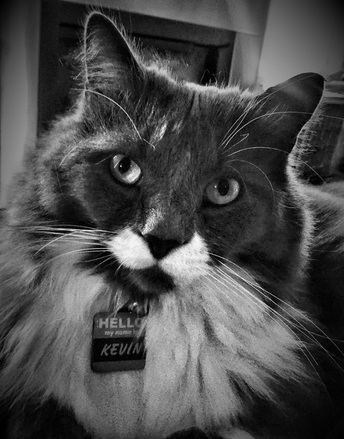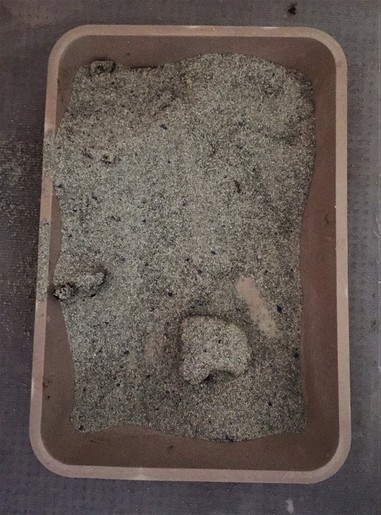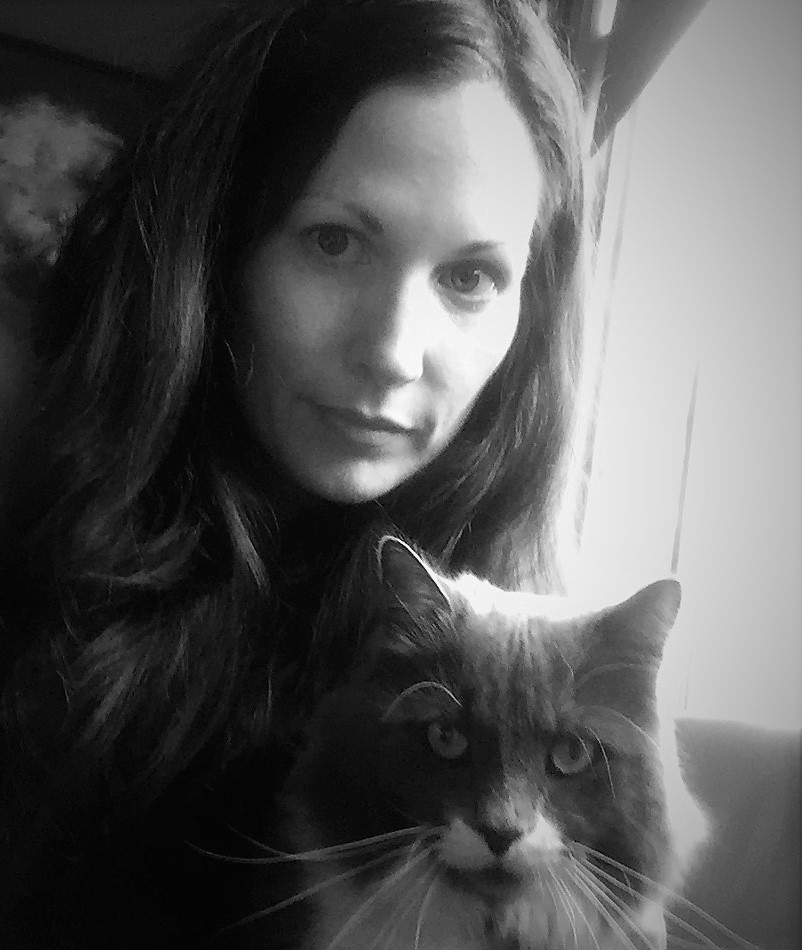|
And when to let it go. Knowing when the office environment is good and when it needs cleaning. On occasion, the litterbox smells like my son's hockey bag. As you walk past the box o'clumps it reminds you that it is time for a cleaning. Other times, there are only a few clumps with no fragrant challenges as Kevin has kept all his crap in a nice covered pile.
Projects and project teams work the same way. You need to know what tasks to let go of or delegate to someone else, what you need to be concerned about for your role, and when to take someone aside and confirm if they are doing okay. Everyone will slip and make a comment that is construed by someone else to be offensive, disrespectful, or inappropriate. It is mitigating these instances and making sure that teams are at peace or in an acceptable tolerance zone. Some comments can and should be dismissed. Unless the comment affects your personal beliefs or demeans your ethics, the comment needs to be evaluated in context. There are several times a day that I chose to accept that a comment was made that I wasn't completely comfortable with, however, as there was no impact to my integrity or my personal well-being, or someone was having a bad day, in the words of Elsa, I let it go. It is unfortunate when crap gets buried for a long time and sticks to the bottom of the litterbox or it piles too high. If you are too busy running the project to pay attention to the status of the litterbox, then you need to make time. If you stop your world from spinning for 20 min. and observe or listen to your team, then your senses can alert you to issues that are percolating. The more individuals allow frustrations to fester, the more likely you are to lose them as employees or lose their productivity. To allow individuals to vent, you need to be approachable - not dismissive of other's concerns, or undermine their perspective. Listening and then trying to find a cooperative solution can go a long way. Following through on your solution(s) and a check-up some time later gives confidence to the team that your leadership is effective. Particular personalities do not like to deal with their own crap and knowingly wait until you deal with it for them. Avoidance is never good unless a pestering upper-management has finished chewing their bone and are looking for a new one. To assist those with avoidance issues, you need to confront them when it is safe and they don't feel fear. The fear of being reprimanded, deemed incompetent, or being fired. Definitely not in front of other teams or team members. Find a quiet time when you both at ease and then discusses the issue. When the litterbox smells fresh and it is smooth like sand, Kevin is happy. He stands beside his litterbox for a couple of minutes taking in the pleasant cleanliness. Soon he will get to play in his new fresh sand and the world will be good.
0 Comments
Leave a Reply. |
Author(s)Fiona Warren - 17 years experience with large high-profile projects and teams. Archives
April 2018
Categories |



 RSS Feed
RSS Feed